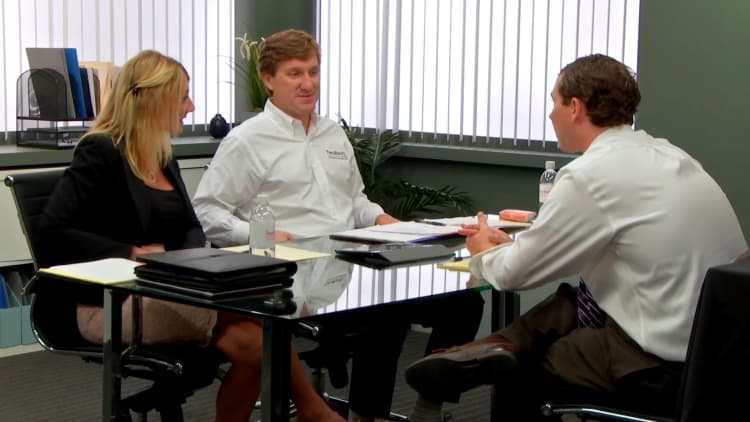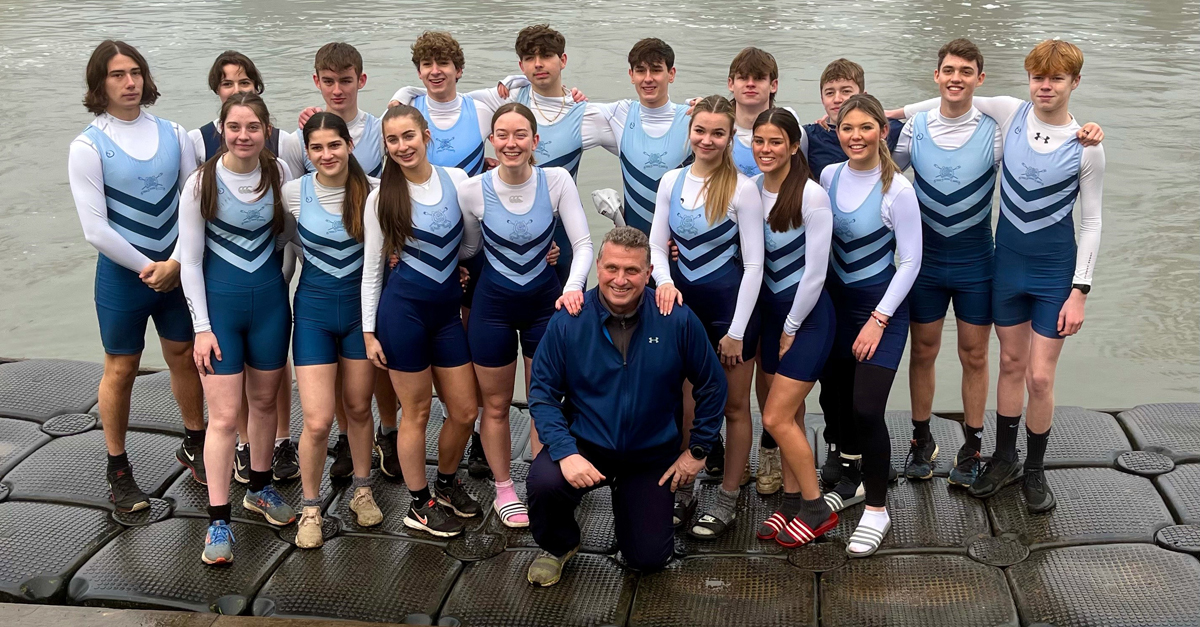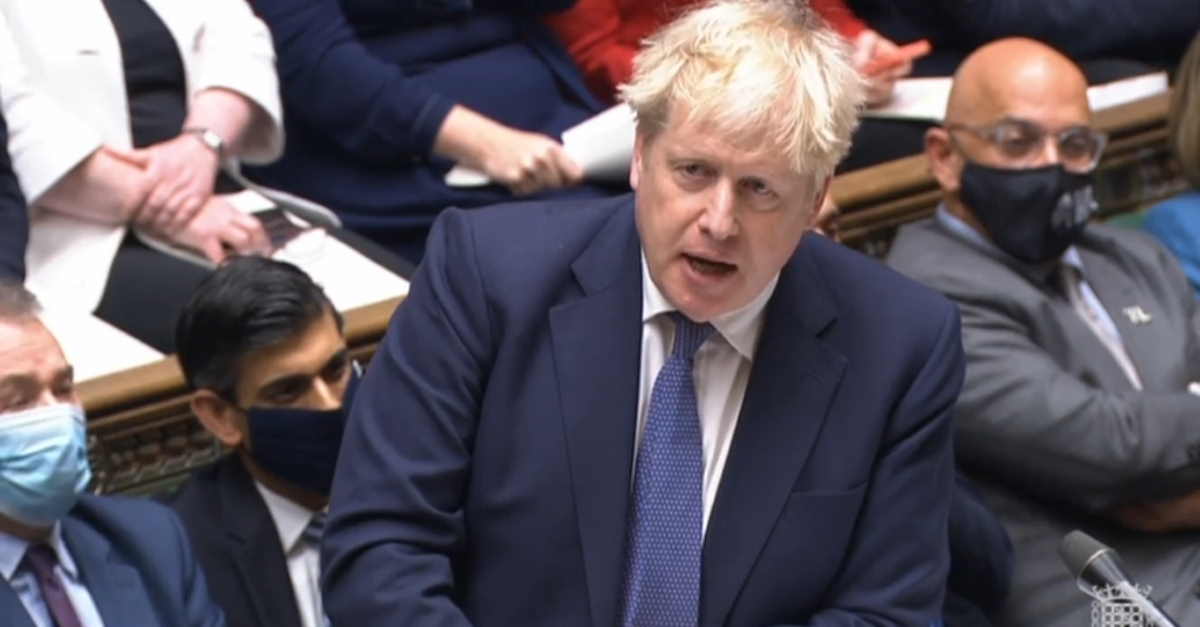3 stories to tell in a job interview, according to a former Google recruiter: 'I want people that improve over time'
In a job interview, consider telling a story of a mistake you made and what you learned. "I want people that reflect," says ex-Google recruiter Nolan Church.

For employers, there are various red flags in a job interview.
Showing up late could be a red flag, being unprepared to talk about the job is another, and there are also phrases that might cause them to raise an eyebrow. "I work too hard" and "I'm a perfectionist," for example, make it sound like "you are full of s---," says Nolan Church, former Google recruiter and current CEO of salary data company FairComp.
Conversely, there are things employers like to hear during an interview. "I always tell people to come with stories," says Church. Here are the kinds of stories he likes to hear.
'People are so scared to talk about their imperfections'
One type of story Church recommends sharing is "a time when you f----- up," including "what happened and what you learned."
"People are so scared to talk about their imperfections or their blemishes during interviews," he says. "And I actually think that that's a strength." Church does not expect the people he hires to be perfect. He knows they're human and therefore not infallible. What he cares about is hiring someone who's going to take in the lessons when they do mess up and figure out how to be better going forward.
"I want people that reflect," he says. "I want people that improve over time, that have a growth mindset." Find a work story that illustrates both when you made the wrong decision on a project and how it made you better at your job.
DON'T MISS: The ultimate guide to acing your interview and landing your dream job
Show 'mental agility'
Another type of story Church recommends including is a time when you were willing to go against your instinct.
"Come with a story about a time when you were really hell bent on doing it one way and you changed your mind and did it another way," he says. Maybe you wanted to try out a new workflow but your team thought another would be more effective, for example, so you agreed to try it.
To him, this type of story shows "you were a team player," he says. The human ego can come into play in the workplace pretty easily. People want to feel like their way is best. In a work setting, though, "getting to the right answer is the thing that the business cares about," he says, whether that was the direction you wanted to go in or not. And you have to be willing to set your ego and ideas aside and work with your team to do that.
"When you can show that level of mental agility," he says, "employers love that."
Explain how you 'ran an experiment'
Finally, Church loves to hear stories about experiments. Anecdotes about how you "ran an experiment to validate the hypothesis" can be impressive.
Often businesses don't necessarily test out their ideas before they unleash their products on the world. "We tend to just want to, like, lock ourselves in the cave and come out with the big bang," he says. But without having collected some data on the ground about interest in the product or how it works, it's hard to know if that big bang will actually find success. It's those very experiments which can help steer companies in the right direction.
"Experiments give you higher probability and de risk bad outcomes," he says. Share a story about how you've implemented experiments in your own work and how you would use them in the role you're interviewing for. If you can prove you're already thinking in that way, that could put you ahead of other candidates.
Want to land your dream job in 2024? Take CNBC's new online course How to Ace Your Job Interview to learn what hiring managers are really looking for, body language techniques, what to say and not to say, and the best way to talk about pay. CNBC Make It readers can save 25% with discount code 25OFF.


 Astrong
Astrong 































